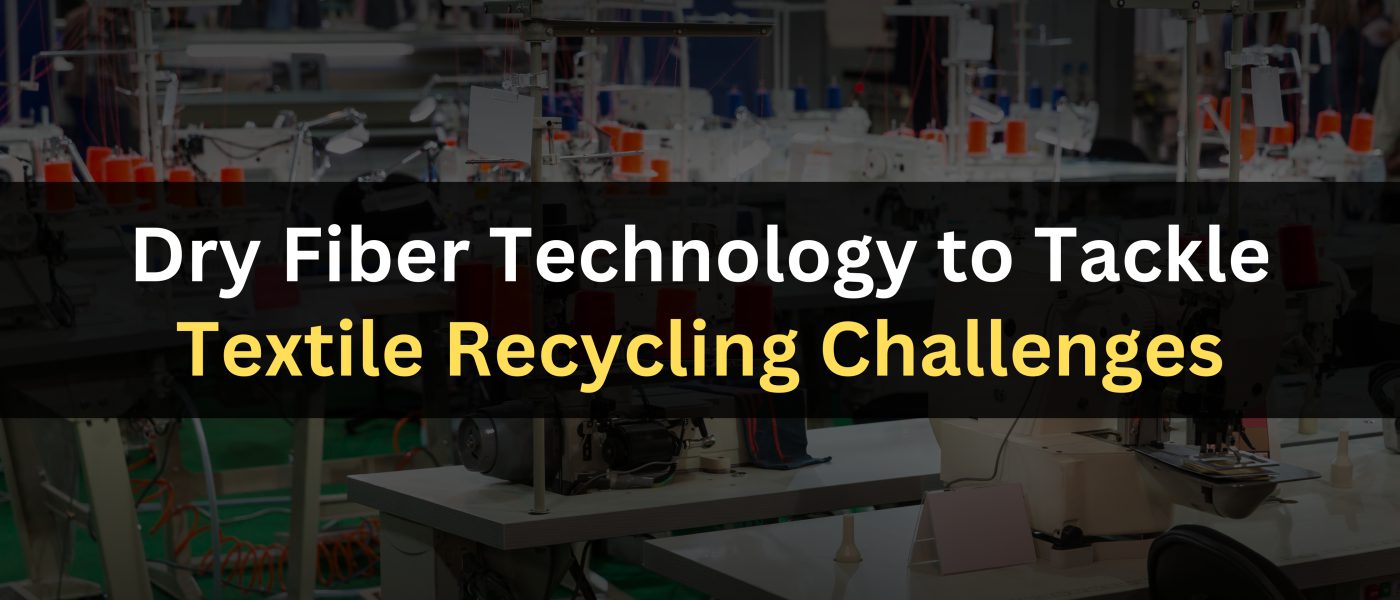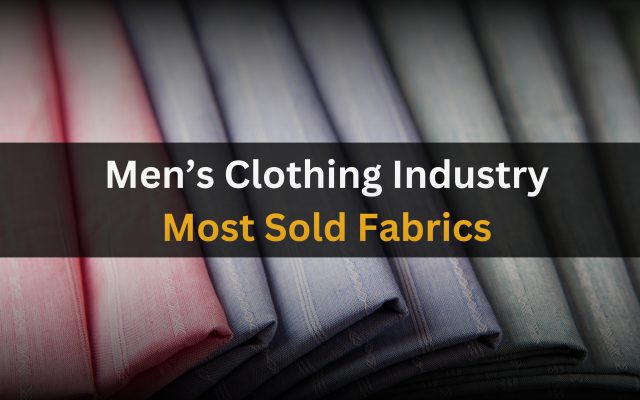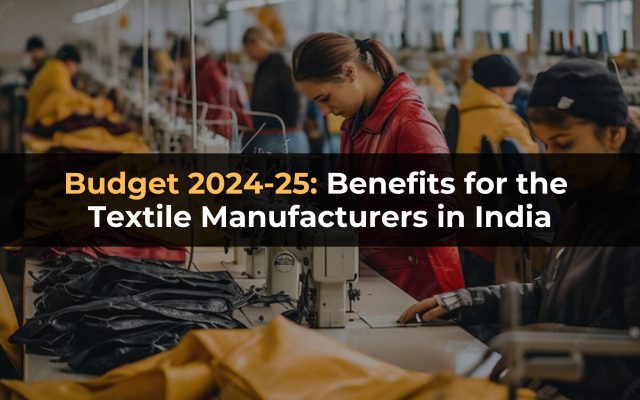In a significant move, the global tech giant Epson (Seiko Epson Corporation) and Hong Kong Research Institute of Textiles and Apparel Limited (HKRITA), a notable textile innovation R&D research center, have joined hands to address the imminent and persistent global need for textile recycling solutions. Epson has leveraged its revolutionary Dry Fiber Technology for this purpose.
Through this development agreement, textile products that are difficult to recycle due to various reasons will be upcycled with “Dry Fiber Technology” to extend their usability and durability. The project also aims to meet the increasing need for recycled fibers among fabric suppliers in India and abroad.
Europe is one of the first nations to strongly support the idea of producing goods from recycled fibers obtained from discarded or disposed of clothing and other forms of textile. As global warming concerns and the increasing carbon footprint emitted by the textile industry take center stage worldwide, many countries, including India, are taking sustainable actions to boost the percentage of recycled fibers used in textile production and limit the production of synthetic, petroleum-derived fibers.
What is the Traditional Recycling Approach?
Textile waste is categorized into two types: pre-consumer fabric waste and post-consumer waste. Pre-consumer fabric waste is leftover scraps and pieces of clothing after products are manufactured. Post-consumer waste are pieces of clothing or textile waste that consumers throw away after using them. Usually, pre-consumer wastes get sold to scrap dealers, shredded, or incinerated (Which creates a significant environmental footprint). 90% of post- consumer waste ends up in landfills to be burned.
50% to 80% of the textile waste can be upcycled into new products.
In the traditional method of recycling natural textiles, old fabrics are shredded into fibers using a machine called a garnett. These fibers are then spun into yarn, which is subsequently used for weaving or knitting. However, not all recycled natural fibers can be spun into yarn. Some of them are utilized for filling furniture padding, paneling, car insulation, and other similar purposes.
Natural textiles that are identified for recycling are segregated based on color and material before they are recycled. This eliminates the need for re-dyeing, reducing pollution.
Synthetic fabrics are granulated and shaped into pellets, which are melted. The resulting pulp is used to produce fibers to make new polyester fabrics.
However, traditional recycling methods fall short when it comes to challenging textiles, such as blended fabrics, fabrics with elastic, and tightly woven fabrics.
How Does Epson’s Dry Fiber Technology Solve this Problem?
Epson aims to solve this issue by implementing a technology that can defibrate elastic blended fabrics and tightly woven fabrics. This shall enable the production of high-quality but value-driven products from post-consumer paper, wood, clothing, and other fibrous wastes.
The groundbreaking solution, in association with HKRITA, will greatly accelerate the use of recycled fibers by enabling the separation of fibers from challenging textiles, like unsold pieces, factory mill ends, dress shirts, linens, and functional garments.
Besides Dry Fiber Recycling technology, Epson is developing new paper and packaging materials from used paper and other raw materials. The company is also working on developing recycled plastics and bio-based plastics.
Why Recycling Textile is Important
The cost of cotton fabric material online is increasing by the day – particularly because ofthe rising cost of production. While consumers are seeking organic cotton fabrics, once they end up in a landfill, textiles can take hundreds of years to decompose while releasing CO2 into the environment as part of the process.
Synthetic textiles don’t decompose at all. They end up releasing toxins into the atmosphere or contaminating the surrounding soil.
Textile recycling technology is crucial in creating a sustainable future. The collaboration between Epson and HKRITA provides hope for a better tomorrow.
To buy cotton yarn online from top fabric suppliers in India, register your business on TEXchange Global for free. TEXchange is the world’s first-of-its-kind digital textile trading platform that brings B2B fabric buyers and sellers from various untapped marketplaces under one platform. With new features like TEXauction and TEXbulletin, you can trade your products 3X faster than the traditional process.
Join TEXchange for the ultimate textile trading experience.




